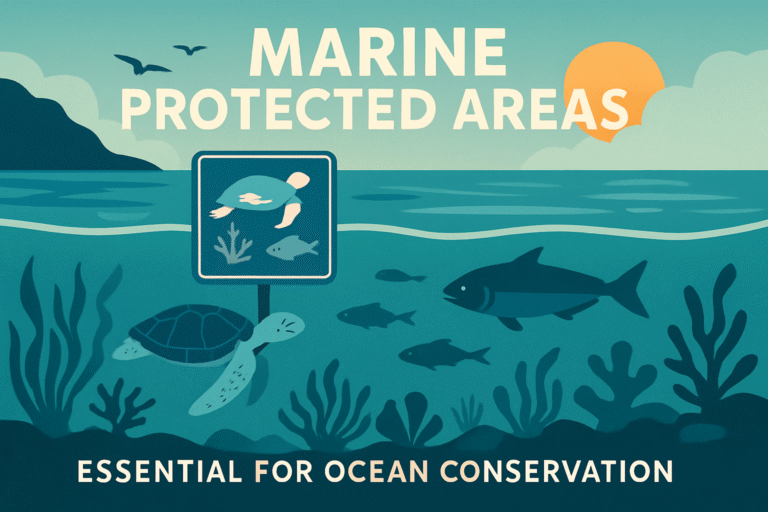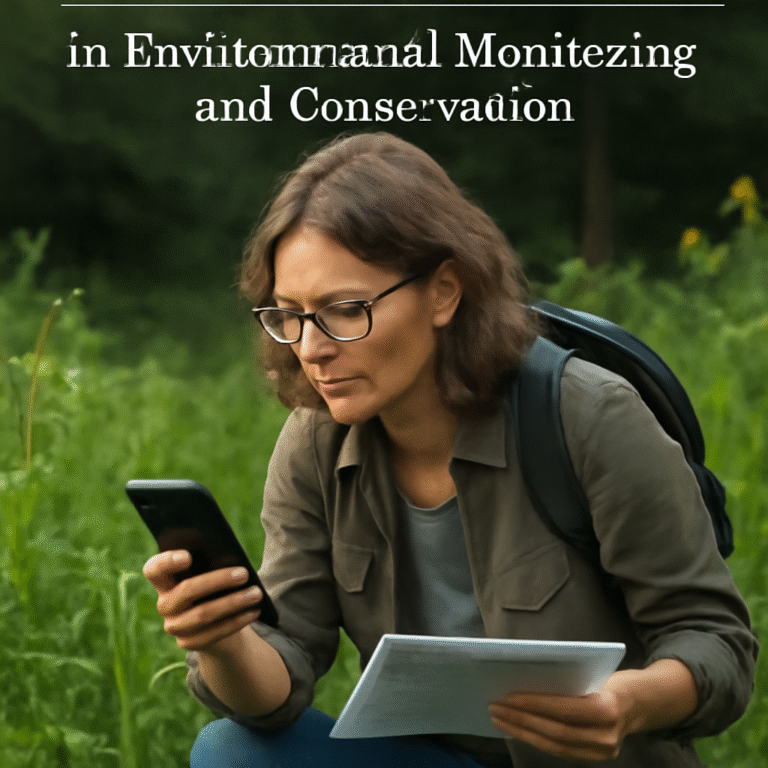Location
Mount Vernon, WA 98274
Location
Mount Vernon, WA 98274

Marine Protected Areas (MPAs) are essential for the conservation of ocean biodiversity and the health of marine ecosystems. This article explores the critical role MPAs play in preserving aquatic life, enhancing resilience against climate change, and supporting sustainable fisheries.

Citizen scientists are increasingly becoming vital players in environmental monitoring and conservation efforts. By engaging everyday people in data collection, researchers are gaining valuable insights into biodiversity and ecosystem health.

As urbanization continues to rise, the importance of integrating nature into city planning has never been clearer. Urban forests offer ecological, psychological, and economic benefits that can transform city living for the better.

Rewilding is gaining traction as a pioneering approach to restoring ecosystems and enhancing biodiversity. By reintroducing native species and allowing nature to take its course, these initiatives offer a hopeful solution to environmental degradation.

Urban green spaces are more than just a breath of fresh air; they play a crucial role in mitigating the effects of climate change. This article explores how parks, gardens, and green rooftops contribute to biodiversity, reduce urban heat, and enhance community well-being.
Acoustic ecology, the study of sound in the environment, reveals a rich tapestry of life that often goes unnoticed. By understanding how animals communicate and interact through sound, researchers are uncovering vital insights into biodiversity and ecosystem health.
Fungi, often overlooked in discussions about biodiversity, play a crucial role in maintaining the health of ecosystems. This article explores their unique relationships with plants, animals, and the soil, revealing how they contribute to nutrient cycling and environmental resilience.
As we navigate the complexities of environmental conservation, the often-overlooked world of soil microorganisms reveals itself as a crucial player in maintaining ecosystem balance. This article explores how these tiny entities contribute to nutrient cycling, soil health, and biodiversity, ultimately shaping the planet's ecological landscapes.
As scientists delve deeper into the sounds of nature, they uncover how acoustic ecology plays a vital role in the health of ecosystems. This article explores the complex soundscapes created by wildlife and their implications for biodiversity and conservation efforts.
Soil microbes play a critical yet often overlooked role in maintaining ecosystem health. This article explores how these tiny organisms contribute to nutrient cycling, plant growth, and overall biodiversity, highlighting their importance in combating climate change.